A revolutionary innovation in data search
Google has been rapidly developing a new brain for it's search engine
The MUM algorithm -Multitask Unified Model- is, as Pandu Nayak, vice president of Google Search, emphasized in the online briefing, "a milestone in our effort to understand language. A good understanding of the language is fundamental to understanding the questions that are asked by users."
MUM technology aspires to solve a problem faced by billions of users around the globe when trying to conduct a successful search, in 75 different languages: they often need to ask multiple queries in a row to get the answer they need. Experience has shown that on average people may do up to eight searches to get an answer to a complex question.
A typical example used to present the new technology is a user who, after climbing one mountain range, a few months later wishes to visit another and seeks instructions on what to do differently, depending on weather and morphological conditions, altitude, the special features of the mountain range, the paths, etc. If he could turn to an expert, he would give him specific instructions for each of his questions, even some he would not have thought of. MUM aspires to be that expert – and not just for the example mountaineer, but for all users and the complex situations they face every day.
In the medium term, MUM will be able to work effectively using text and photo data – like the climber in our example could upload a photo of his boots, asking if they are suitable for climbing the mountain range – and in the long term it will be trained on audio and video data.
Over the past few months, MUM has been given data on all the different ways people around the globe have searched for information about the coronavirus, using different names. The same happened with vaccines: they were recorded as having more than 800 names. It was found that MUM was able to recognize in seconds all these names and provide reliable information about the vaccines.
Machine Learning technology is fundamental to the development of MUM, however, its use is based on Google's research on how it can be done in ways that reduce the carbon footprint.

